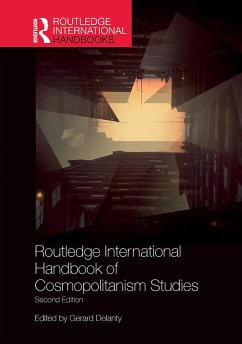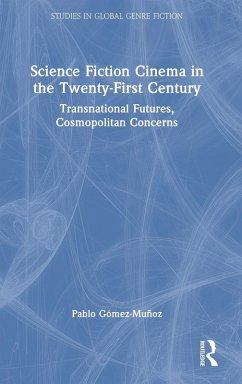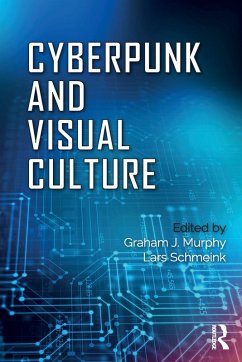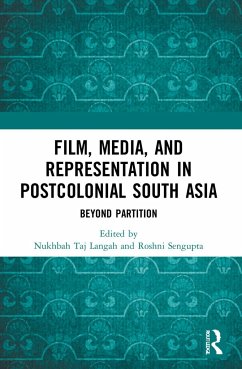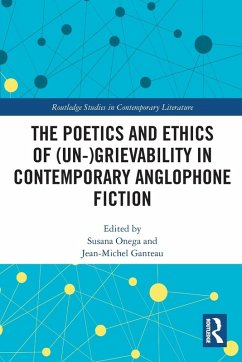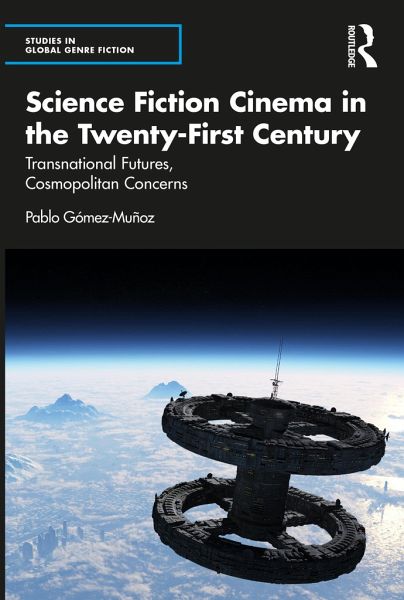
Science Fiction Cinema in the Twenty-First Century
Transnational Futures, Cosmopolitan Concerns
Versandkostenfrei!
Versandfertig in 6-10 Tagen
43,99 €
inkl. MwSt.
Weitere Ausgaben:

PAYBACK Punkte
22 °P sammeln!
Recent films are increasingly using themes and conventions of science fiction such as dystopian societies, catastrophic environmental disasters, apocalyptic scenarios, aliens, monsters, time travel, teleportation, and supernatural abilities to address cosmopolitan concerns such as human rights, climate change, economic precarity, and mobility. This book identifies and analyses the new transnational turn towards cosmopolitanism in science fiction cinema since the beginning of the twenty-first century.The book considers a wide selection of examples, including case studies of films such as Elysiu...
Recent films are increasingly using themes and conventions of science fiction such as dystopian societies, catastrophic environmental disasters, apocalyptic scenarios, aliens, monsters, time travel, teleportation, and supernatural abilities to address cosmopolitan concerns such as human rights, climate change, economic precarity, and mobility. This book identifies and analyses the new transnational turn towards cosmopolitanism in science fiction cinema since the beginning of the twenty-first century.
The book considers a wide selection of examples, including case studies of films such as Elysium, In Time, 2012, Andrew Niccol's The Host, Codependent Lesbian Space Alien Seeks Same, and Cloud Atlas. It also questions the seeming cosmopolitanism of these narratives and exposes how they sometimes reproduce social hierarchies and exploitative practices.
Dealing with diverse, interdisciplinary concerns represented in cinema, this book in the Studies in Global Genre Fiction series will be of interest to readers and scholars working in the fields of science fiction, film and media studies, cosmopolitanism, border theory, popular culture, and cultural studies. It will also appeal to fans of science fiction cinema and literature.
The book considers a wide selection of examples, including case studies of films such as Elysium, In Time, 2012, Andrew Niccol's The Host, Codependent Lesbian Space Alien Seeks Same, and Cloud Atlas. It also questions the seeming cosmopolitanism of these narratives and exposes how they sometimes reproduce social hierarchies and exploitative practices.
Dealing with diverse, interdisciplinary concerns represented in cinema, this book in the Studies in Global Genre Fiction series will be of interest to readers and scholars working in the fields of science fiction, film and media studies, cosmopolitanism, border theory, popular culture, and cultural studies. It will also appeal to fans of science fiction cinema and literature.






